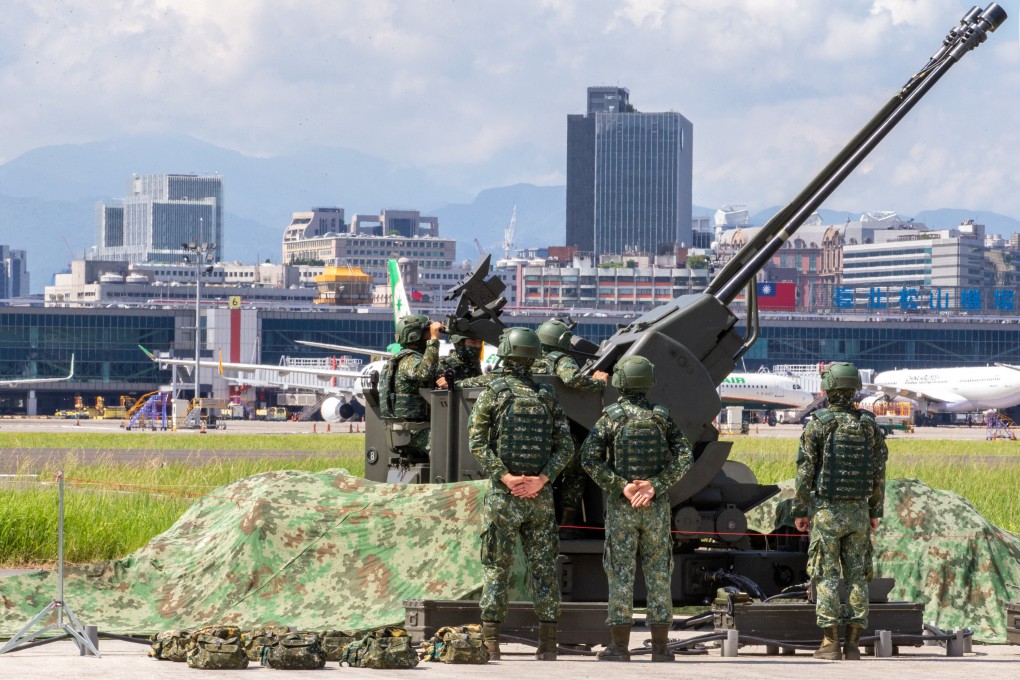Advertisement
UK summons Chinese envoy over ‘aggressive behaviour’ towards Taiwan
- Seeking an explanation for Beijing’s missile launches into Taiwanese air space, Foreign Secretary Liz Truss calls in Ambassador Zheng Zeguang
- Chinese embassy condemns London’s ‘irresponsible rhetoric’, saying ‘no foreign country has the right to meddle’ in its internal affairs
Reading Time:3 minutes
Why you can trust SCMP
32

Chad Brayin London
The British government summoned China’s ambassador to the United Kingdom on Wednesday to discuss what it said was Beijing’s “aggressive and wide-ranging escalation” against Taiwan following a historic visit by US House Speaker Nancy Pelosi last week.
A readout of the meeting between Tim Barrow, the Foreign Office’s second permanent undersecretary, and Chinese Ambassador Zheng Zeguang was not provided by the British government, other than to say he was summoned to “explain his country’s actions”.
The Chinese embassy said via a tweet that the ambassador “firmly rejected and strongly condemned the UK side’s irresponsible rhetoric” in what it said was a “legitimate and necessary response” to Pelosi’s visit on August 2. Pelosi is the most senior American official to visit Taiwan in a quarter century.
Advertisement
Beijing, which considers the self-ruled island part of China, has condemned the visit as a betrayal of the one-China policy and undertaken a series of live ammunition military drills near the island.
“I instructed officials to summon the Chinese ambassador to explain his country’s actions,” Foreign Secretary Liz Truss said in a statement.
Advertisement
Advertisement
Select Voice
Select Speed
1.00x
